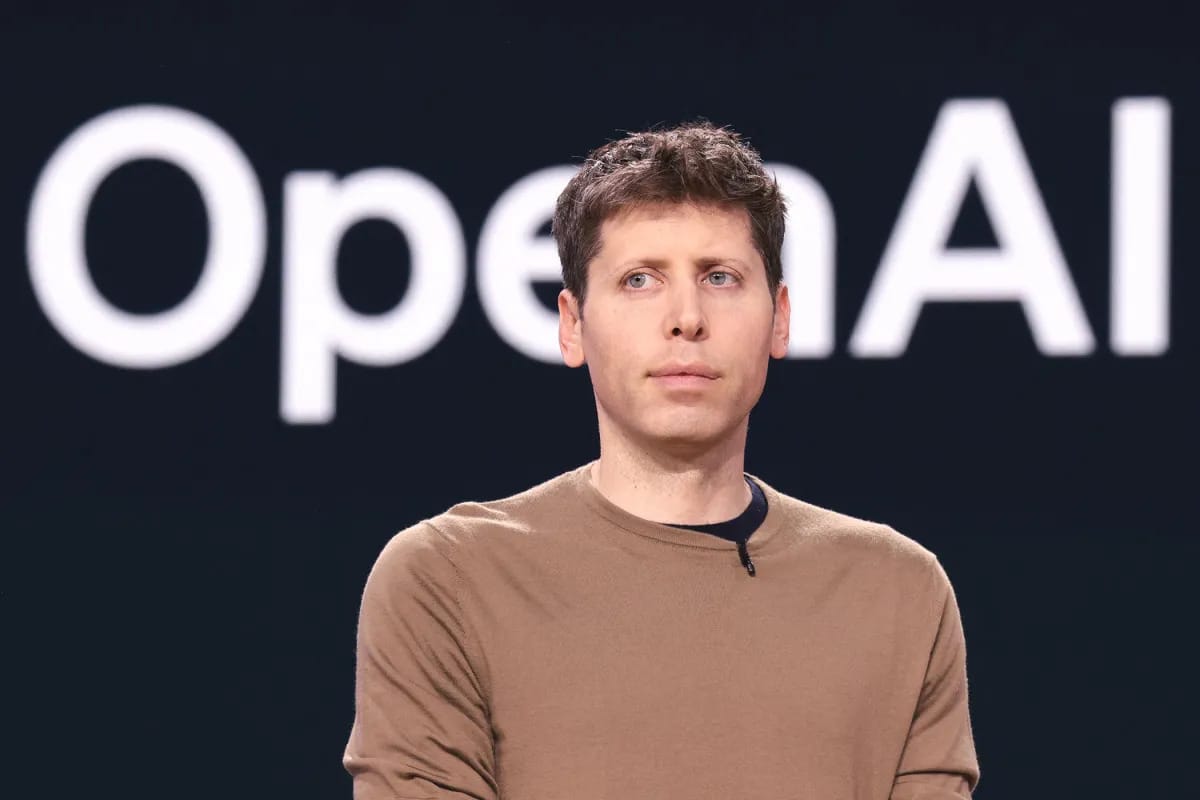OpenAI Adopts Anthropic Model Context Protocol to Advance AI Interoperability

OpenAI Embraces Anthropic’s Model Context Protocol (MCP): A New Milestone in AI Integration
In a move that marks a seismic shift in AI development, OpenAI has officially adopted the Model Context Protocol (MCP), a leading open-source standard developed by its rival, Anthropic. This partnership may come as a surprise to many watching the AI race, but it reflects a growing push toward open, collaborative ecosystems within artificial intelligence.
What is MCP and Why Does It Matter?
The Model Context Protocol (MCP) is a connectivity framework that allows AI systems to link directly with external data sources in real-time. This boosts the flexibility and accuracy of AI models by enabling them to draw on various live data inputs—from business tools like calendars and CRMs to content libraries and APIs.
Unlike isolated AI models that generate responses based solely on their trained knowledge, an MCP-enabled assistant has contextually informed intelligence, thereby closing the gap between general AI and enterprise-ready solutions.
| Feature | Without MCP | With MCP |
|---|---|---|
| Data Fetching | Limited to training data | Live integration with databases and tools |
| Response Accuracy | Contextually outdated | Up-to-date and relevant |
| Industry Usage | Generic applications | Tailored for specific sectors (e.g., fintech, dev tools) |
Who’s Using MCP Already?
This isn’t MCP’s first integration into real-world systems. Companies like Block, Apollo, and Replit have already implemented MCP successfully. These firms have found that real-time data access drastically improves response reliability in AI tools used for operations, development, and customer service.

Why Did OpenAI Adopt a Rival’s Standard?
Traditionally a leader in AI innovation, OpenAI’s decision to adopt another company’s protocol underscores the growing importance of interoperability. OpenAI’s CEO Sam Altman took to X (formerly Twitter) to confirm that MCP will be integrated into ChatGPT, the Agents SDK, and the broader OpenAI Responses API.
This decision also signals maturity in the AI industry. The future, as seen by both companies, lies not in isolated competition but in shared standards and enhanced collaboration—all geared towards more accurate and useful AI solutions.
“Excited to see the MCP love spread to OpenAI – welcome!”
— Mike Krieger, Chief Product Officer at Anthropic
What’s Next for OpenAI + MCP?
OpenAI plans to roll out MCP functionality in several of its products over the coming months. Here’s a glimpse of what’s to come:
- 🔌 ChatGPT Desktop App Integration
- 🧠 Enhanced Agents SDK Connectivity
- 📊 Advanced use of Live Business Tools & CRMs
- 🌐 Expansion of Responses API for developers
This rollout aligns with the larger trend towards AI interoperability—the ability of various AI systems and services to work together fluidly, improving end-user functionality and business outcomes.
Infographic: Open Standards Rise in AI

Final Thoughts
OpenAI’s adoption of MCP is more than a technical upgrade; it’s a powerful endorsement of open, collaborative AI development. As AI models become smarter and more capable, their ability to communicate with real-time systems will define their relevance and usability across industries.
With OpenAI and Anthropic now steering the same protocol, expect even faster advances in AI’s integration into daily life—from customer service bots and virtual assistants to automated research and software development environments.
The era of open AI standards is here, and it’s just getting started.
Further Reading
📣 Join the Conversation
What do you think about this collaboration between OpenAI and Anthropic? Will open standards like MCP help build a better AI future? Share your thoughts in the comments or on social media!
#OpenAI #Anthropic #MCP #AIInteroperability #ModelContextProtocol #ArtificialIntelligence #ChatGPT #AIStandards #OpenSourceAI
